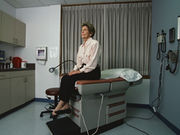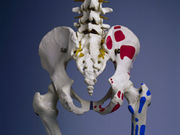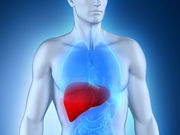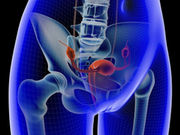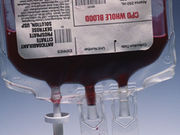Quality of Outpatient Care Has Not Consistently Improved in U.S.
Large analysis finds declines or stagnation in many basic health measures in the United States
Arrhythmias Not Induced by Caffeine in Heart Failure Patients
Stress test didn't show short-term changes after coffee drinking
Outcomes Up for Seniors With Hip Fx in Large Teaching Hospitals
Mortality rates higher in smaller community hospitals, Canadian study finds
Liver Stiffness Linked to Hepatic Events, Death in Hepatitis B
Metabolic syndrome ups risk of cardiovascular events, not hepatic events or death in chronic hep B
Income Predicts Receipt of Weight-Loss Advice
Findings in overweight, obese adults in cohort, including low-income, racial/ethnic minority adults
Adolescent BMI Predicts Diabetes Mellitus Mortality
Overweight and obesity correlated with hazard ratios of 8.0 and 17.2 for diabetes mortality
Mutations Identified in Uterine, Ovarian Carcinosarcomas
Mutations in previously ID'd cancer genes; excess of mutations in genes encoding histone H2A, H2B
New Recs for RBC Transfusion, Optimal RBC Storage Length
Restrictive red blood cell transfusion threshold of 7 g/dL recommended for most hospitalized adults
CDC: Complementary Health Use Up With Musculoskeletal Pain
Over 41 percent of U.S. adults with musculoskeletal pain disorders use complementary health approach
Psychoeducational Intervention Reduces Fear of CA Recurrence
Newly developed intervention effective for reducing FCR, stress, and increasing melanoma knowledge


